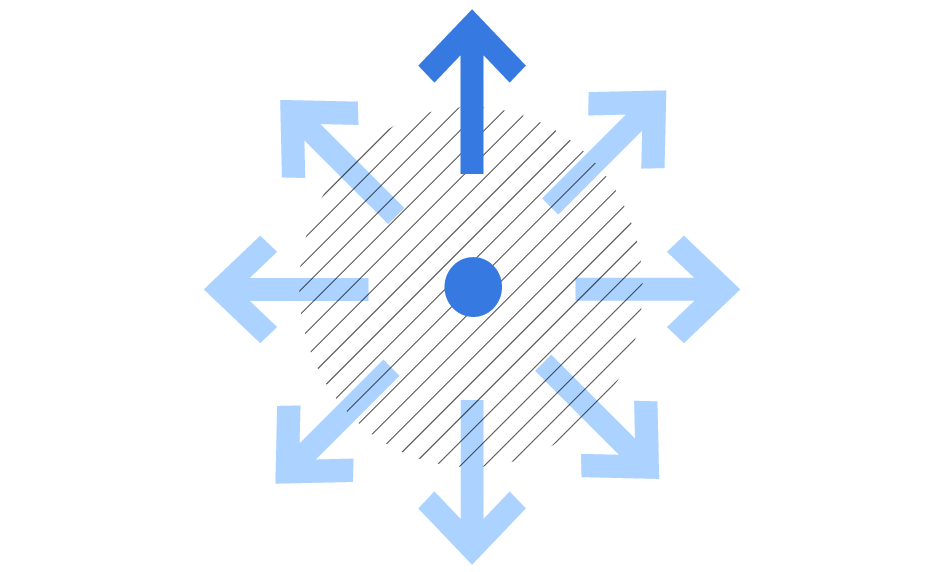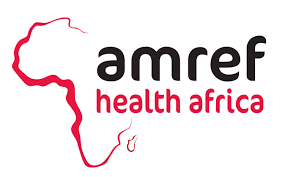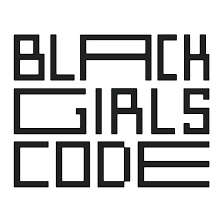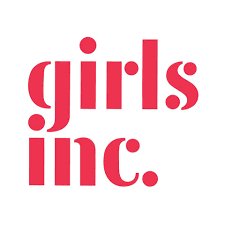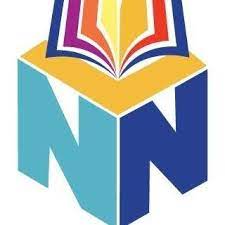FAQs
About the Elsevier Foundation-ISC3 Green & Sustainable Chemistry Challenge
1. How do I submit my proposal?
You can submit your proposal on the Elsevier Foundation-ISC3 Green & Sustainable Chemistry Challenge platform at this link: https://efcc2020.skild.com/ Please note: the link will only be active starting July 1st, when the Challenge opens.
2. What are the Challenge’s process and deadlines?
The Elsevier Foundation-ISC3 Green & Sustainable Chemistry Challenge is articulated in two phases.
Phase 1: this is the general submission phase. Proposals can be submitted from July 1st to September 15th.
Reviewing phase: out of all submitted proposals, a number of eligible proposals will be selected for the second phase. Specifically, 50 proposals for the Scientific prizes and 20 proposals for the Entrepreneurial prize. These will be asked to submit additional information in their respective groups (Scientific or Entrepreneurial prizes).
Phase 2: those selected after the reviewing phase will have one month to submit a full proposal. Proposals can be submitted from October 16th to November 17th.
Judging phase: the scientific jury will evaluate the proposals and identify the finalists. Top 5 finalists will be selected to compete for the Scientific Prizes, and another Top 3 for the Entrepreneurial prize – and will be invited to present their proposal at the 2020 Green & Sustainable Chemistry Conference in Germany.
For a successful proposal it is essential to familiarize yourself with the Challenge’s criteria.
3. What are the prizes of the Green & Sustainable Chemistry Challenge?
The Elsevier Foundation-ISC3 Green & Sustainable Chemistry Challenge awards 3 prizes. Two of them are Scientific prizes: one prize of €50,000 and one prize of €25,000. The Entrepreneurial prize is €25,000.
4. How are the prizes different?
The Scientific Prizes award projects that use green and sustainable chemistry solutions to tackle some of the developing world’s greatest sustainability challenges – encouraging researchers to come up with new solutions.
The Entrepreneurial Prize highlights entrepreneurs with promising innovations and evaluates them in terms of market potential, business models, technological innovation and impact. You can find additional information about the Entrepreneurial prize on the ISC3 website.
The application process for the Entrepreneurial Prize (the 3rd prize) does not differ from the application process for the Scientific Prizes (the 1st and 2nd prize). All applications must be submitted via the same dedicated platform. However, it is important to be aware that a proposal can be submitted only for the Entrepreneurial award OR the Scientific awards. The same application cannot be considered simultaneously for the two different tracks.
All 3 prizes will be awarded during the 2020 Green & Sustainable Chemistry Conference in Germany.
5. When will I know the results of my application?
The list of the top 50 proposals for the Scientific prizes and top 20 proposals for the Entrepreneurial prize that will move to the Phase 2 of the Challenge will be published on October 15, 2019 on the Elsevier Foundation website.
The list with the shortlisted candidates (Top 5 for the Scientific Prizes and Top 3 for the Entrepreneurial prize) will be published in January 2020. The finalists will be invited to present their project at the 2020 Green & Sustainable Chemistry Conference, where the winners of the 3 prizes will be announced.
6. Can I get feedback on my proposal?
Unfortunately, due to the high number of applicants, it is not possible to offer individual feedback.
7. Is it possible to get a certificate to prove that my proposal was selected for the top 50 (Scientific prizes) or top 20 (Entrepreneurial prize)?
Yes, it is possible. Requests for certificates should be made at chemistry.challenge@elsevier.com.
8. Who is ISC3 and why have you partnered for the Challenge?
ISC3 – the International Sustainable Chemistry Collaborative Centre – promotes and develops Sustainable Chemistry solutions worldwide. Collaboration across sectors and actors is the key principal of this independent institution. ISC3 provides a platform where all players from policy, civil society, industry and academia can come together to exchange and develop new innovative solutions for the most pressing problems of our time.
The partnership with the ISC3 complements Elsevier’s existing network, going beyond our strong academic focus to include industry and policymakers in the green and sustainable chemistry ecosystem.
ISC3 joins the Green & Sustainable Chemistry Challenge by contributing the 3rd Entrepreneurial prize. You can read more about the collaboration in this press release.
9. I have questions about the application platform: what support is available?
We are using the Skild Knowledgebase platform for handling the application proposals. You can find all platform-related FAQs here.
10. Who can I contact if I have additional question?
For any question or clarification, you can reach us at chemistry.challenge@elsevier.com.



